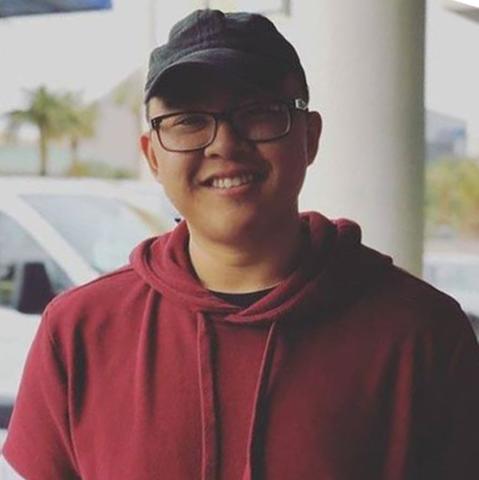
Brandon Hoang
Entering Class - 2023
E-MAIL: [email protected]
Undergraduate Institution and Major:
University of California - Riverside, B.S. in Neuroscience, 2022
Training the next generation of Neuroscientists

Entering Class - 2023
University of California - Riverside, B.S. in Neuroscience, 2022
